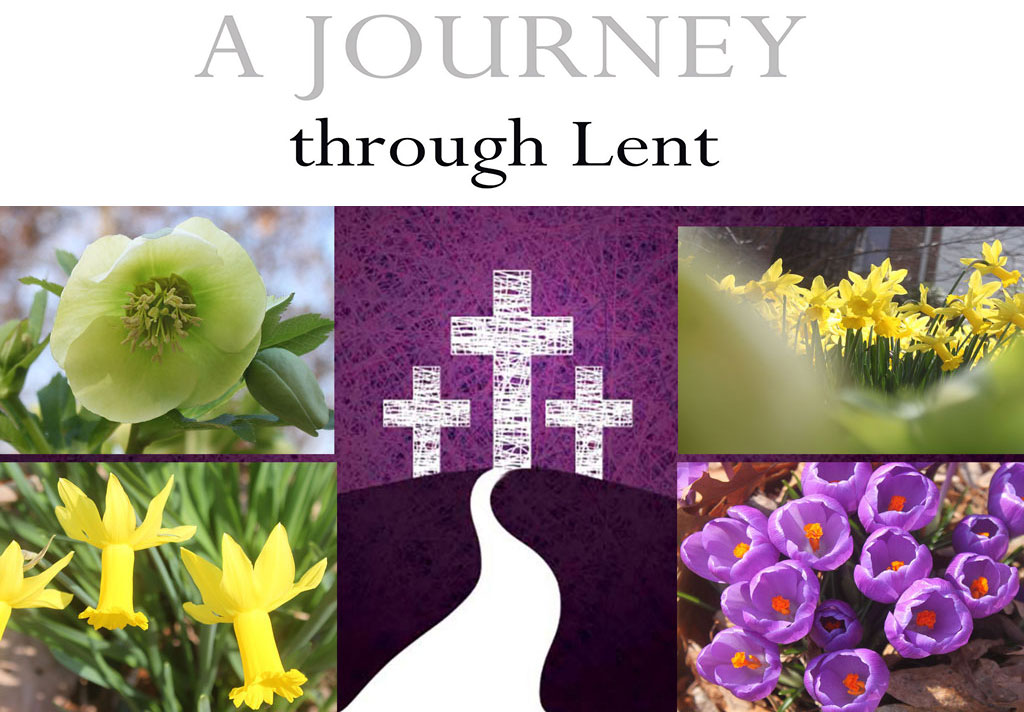This is Bishop Wright’s invitation to a Holy Lent and to participate in a 5-part Lenten teaching series. “Letting Go” is letting go of those things and ways that hold us back- weights, obstacles, and sin.
St. Peter's Episcopal Church, Port Royal, VA

We are a small Episcopal Church on the banks of the Rappahannock in Port Royal, Virginia. We acknowledge that we gather on the traditional land of the first people of Port Royal, the Nandtaughtacund, and we respect and honor with gratitude the land itself, the legacy of the ancestors, and the life of the Rappahannock Tribe. Our mission statement is to do God’s Will in all that we do.
This is Bishop Wright’s invitation to a Holy Lent and to participate in a 5-part Lenten teaching series. “Letting Go” is letting go of those things and ways that hold us back- weights, obstacles, and sin.
First Sunday in Lent
Coming up

Quick link to Feb, 2024 Lent Calendar
Quick link to March, 2024 Lent Calendar

Mon., Feb. 26th, Bingo Night 6-7:30PM at Port Royal Fire Department St Peter’s is serving as a Partner in Education with the Caroline County Public Schools.
We will be providing snacks for the Caroline County. If you would like to help, please bring granola bars, individually wrapped bags of trail mix, or small bottles of water and place them in the back pew by Sunday, Feb. 25.

The next eight Sundays of God’s Garden will include a big project!
During the first few sessions, the class will be designing and decorating a big banner with the word “Alleluia.” The banner will then be displayed in the church until the first Sunday of Lent when it will disappear.
The disappearance of the banner will be a reminder that during Lent the congregation does not end each service with the word “Alleluia,” and this will be a way to introduce lessons about Lent, Palm Sunday, and Easter. And, of course, the banner will re-appear on Easter!